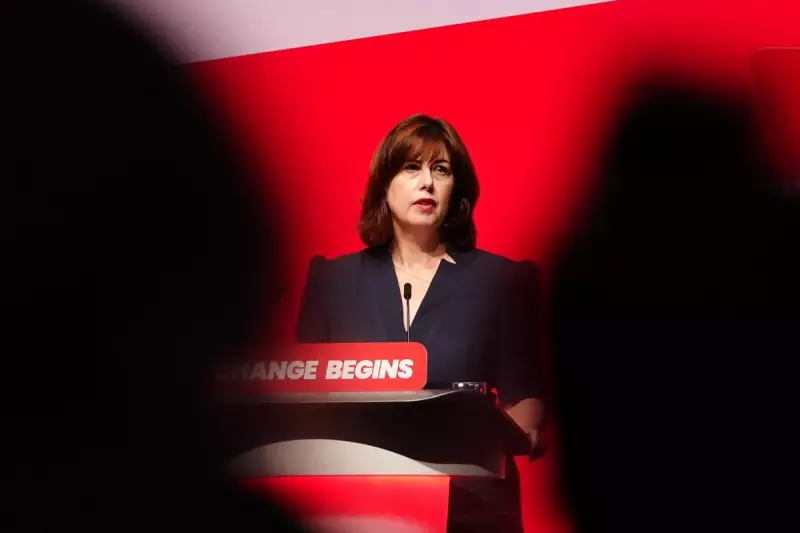
In a striking display of internal dissent, two of Sir Keir Starmer's most senior shadow cabinet ministers have openly defied the Labour leader's Brexit negotiation strategy, exposing significant fractures within the party's top ranks.
Shadow Culture Secretary Lucy Powell and Shadow Education Secretary Bridget Phillipson broke ranks during a crucial Commons debate, directly challenging Starmer's cautious approach to renegotiating the UK's trade deal with the European Union.
Frontbench Rebellion Exposes Deep Divisions
The rebellion unfolded as Labour frontbenchers backed amendments to the King's Speech that demanded a far more ambitious renegotiation of the Brexit deal than Starmer has publicly supported. This extraordinary move represents the most significant challenge to Starmer's authority on European policy since he became leader.
Powell and Phillipson were among several senior Labour figures who supported amendments calling for "swift negotiation of a comprehensive UK-EU agreement that includes mutual recognition of professional qualifications" and stronger cooperation on security and trade.
Starmer's Cautious Approach Under Fire
The Labour leader has consistently advocated for a measured, incremental approach to improving the UK's relationship with Brussels, focusing initially on securing a better agreement for the agricultural and veterinary sectors. However, many within his own party are growing impatient with what they perceive as excessive caution.
Emily Thornberry, shadow attorney general, also supported the rebel amendments, suggesting the discontent extends beyond the two named frontbenchers. This public display of dissent comes at a sensitive time for Starmer, who has been working to present Labour as a united government-in-waiting.
Implications for Labour's Brexit Strategy
The rebellion signals that significant elements within the shadow cabinet are pushing for a much more radical overhaul of the UK-EU relationship than Starmer has been willing to embrace. This puts the Labour leader in a difficult position as he attempts to balance the demands of pro-European members with the need to win back Leave-voting constituencies.
Political analysts suggest this public split could undermine Labour's attempts to present a coherent alternative to the government's approach to European relations. The timing is particularly awkward with a general election potentially less than a year away.
The depth of feeling on Europe within Labour's ranks was further demonstrated when backbencher Neil Coyle urged the party to be "much louder and prouder" about its European values, directly criticising the leadership's cautious tone.
This extraordinary public disagreement among Labour's top team reveals the ongoing struggle within the party over how to handle Britain's post-Brexit relationship with Europe, a division that Starmer must now navigate carefully to maintain party unity.





